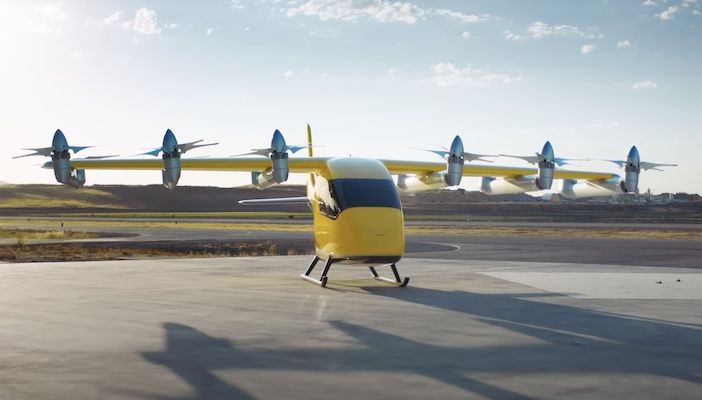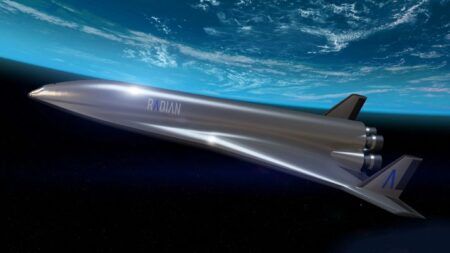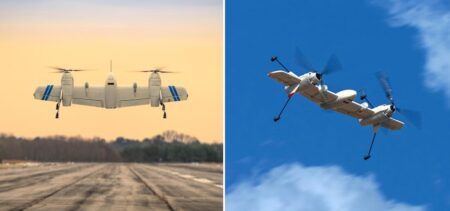eVTOL company Wisk Aero has acquired software verification and validation company Verocel to boost the testing and development of its aircraft’s autonomous features.
Boeing-owned Wisk’s eVTOL aircraft will be operated without a pilot onboard with human oversight from the ground and will carry up to four passengers. The aircraft will have a range of up to 90 miles (144km) and will fly at altitudes of between 2,500 to 4,000ft at cruise speeds of around 100 to 120mph (160 to 190km/h).
Wisk expects to fly the aircraft, its sixth-generation prototype and the configuration it intends to certify, by the end of this year. It plans to begin operations before the end of the decade.
The battery-electric aircraft has a 50ft (14m) wingspan and uses an in-house developed propulsion system that features air-cooled motors and 12 rotors. The front 6 rotors rotate to enable the eVTOL aircraft’s transition from vertical to horizontal flight.
The company expects the air taxi to be used in urban areas for trips of around 15 minutes, with the first commercial operations likely to be to and from airports.
Massachusetts, USA-based Verocel has expertise in the certification of high-integrity aerospace software and the qualification of verification and validation (V&V) tools, which will be used by Wisk’s engineers to certify the autonomous electric air taxi.
Verocel engineers have experience in DO-178C and participation in industry standards committees such as RTCA/Special Committee, the EUROCAE Working Group, and the FAA’s Overarching Properties Working Group.
Additionally, the qualified Verocel toolset – VeroTrace – provides a baseline for software certification requirements definition, tracking, and FAA submittals. The software will be used for certification of Wisk’s Generation 6 aircraft and in future software developments at Boeing.
Brian Yutko, CEO of Wisk said, “High-integrity software development is critical for our mission to certify an autonomous electric aircraft with V&V being a significant portion of the total software certification effort.
“Verocel’s specialized and talented team will bring with them deep experience and rigor, helping to accelerate our autonomous certification project that is already well underway. We are thrilled to have this talented team join Wisk!”
Verocel, which was founded in 1999 has a proven history with over 160 projects for more than 25 customers including previous work with Boeing. The company also produces the safety computers for the Wide Area Augmentation System (WAAS), an air navigation system that enhances GPS accuracy and integrity to enable aircraft to safely navigate all over the world today. The company also has an office Poznan, Poland.
Jim Chelini, president of Verocel said, “Not only is this a chance to directly apply our expertise to the certification of a groundbreaking technology, but this is also an incredible opportunity for Verocel talent to excel within Wisk and the broader Boeing ecosystem long term.”
Verocel said it will continue to deliver against customer commitments in addition to ramping up on the Wisk Generation 6 certification program.





